During my student teaching I saw my mentor pass out a worksheet to each student at the end of each session. When I visited with my grad school friends they told me theirs did the same. So, naturally we all passed out those skill specific worksheets at the end of each session. My first year working in my school I was so excited! I had binders of worksheets labeled, sorted, and ready to go. I was couldn’t wait to pass them out and see my students’ progress soar! Then reality set in. I soon realized that only a small handful of students ever turned in the homework, that is of course if they didn’t lose it.

So, I pose the question: Is speech homework helpful or a just a waste of paper? Let’s take a look at the pros and cons.
Pros
– Helps students practice and reinforce skills from therapy.
– Encourage family involvement in speech therapy.
– Helps students make faster, more steady progress of targeted skills.
Cons
– If homework doesn’t get done or is lost then no practice or reinforcement of skills is had.
– Paper ($) and time are needed in preparing materials for homework.
For me, the pros out weigh the cons. But, that doesn’t erase the frustrations that occur when speech homework consistently isn’t completed. After years of this I come to a conclusion: The best I can do is give them the opportunity. It took me some time to get there though, this light bulb did not turn on over night! I had to understand and accept that there will be reasons why speech homework isn’t completed: after school activities, too much homework already, family events, they lost it, etc. So, I decided the best thing I could do for my students was to give them the opportunity to practice their skills and if it didn’t get done, it didn’t get done.
Materials
I have gone through lots and lots and lots of different homework sheets and systems. Here are some of my favorites that have worked well for me and hopefully for you…if you want.
1. Speech and Language Homework for a Year
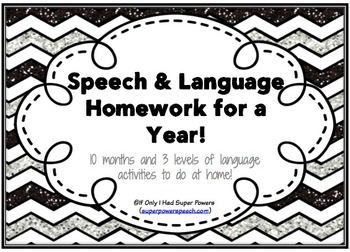
This has been my favorite tool to use! This homework bundle is so comprehensive it’s crazy. Each week, for 10 months ( a school year ) there is a homework sheet. Each sheet has 3 different levels so I am able to find something for all kids. I hand had out these sheets to my students at their first or only session of the week. They have until the following week to turn get the activities done ( which take about 3 minutes ). Even if they don’t target my kid’s goals exactly, it is still addressing their language growth. She also has a Social Language Homework for a Year.
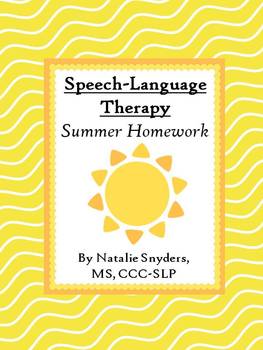
This is a great packet from Natalie Snyders with summer activities to keep those language skills strong! She also has packs for all the months of the school year and articulation too!
3. Speech and Language Therapy Summer Homework Program
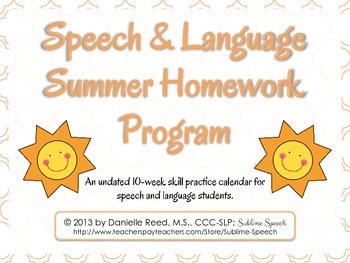
This is another great packet from Sublime Speech to help prevent regression during the summer. It is set up like a calendar so it is super easy for families to follow and doesn’t take up much their day.
These are just some things I have found. I quick search on TpT will turn up lots more, so take a look and see if there is something out there that may fit your needs.
Now after all this talk about speech homework I am curious. Where do you stand on it?

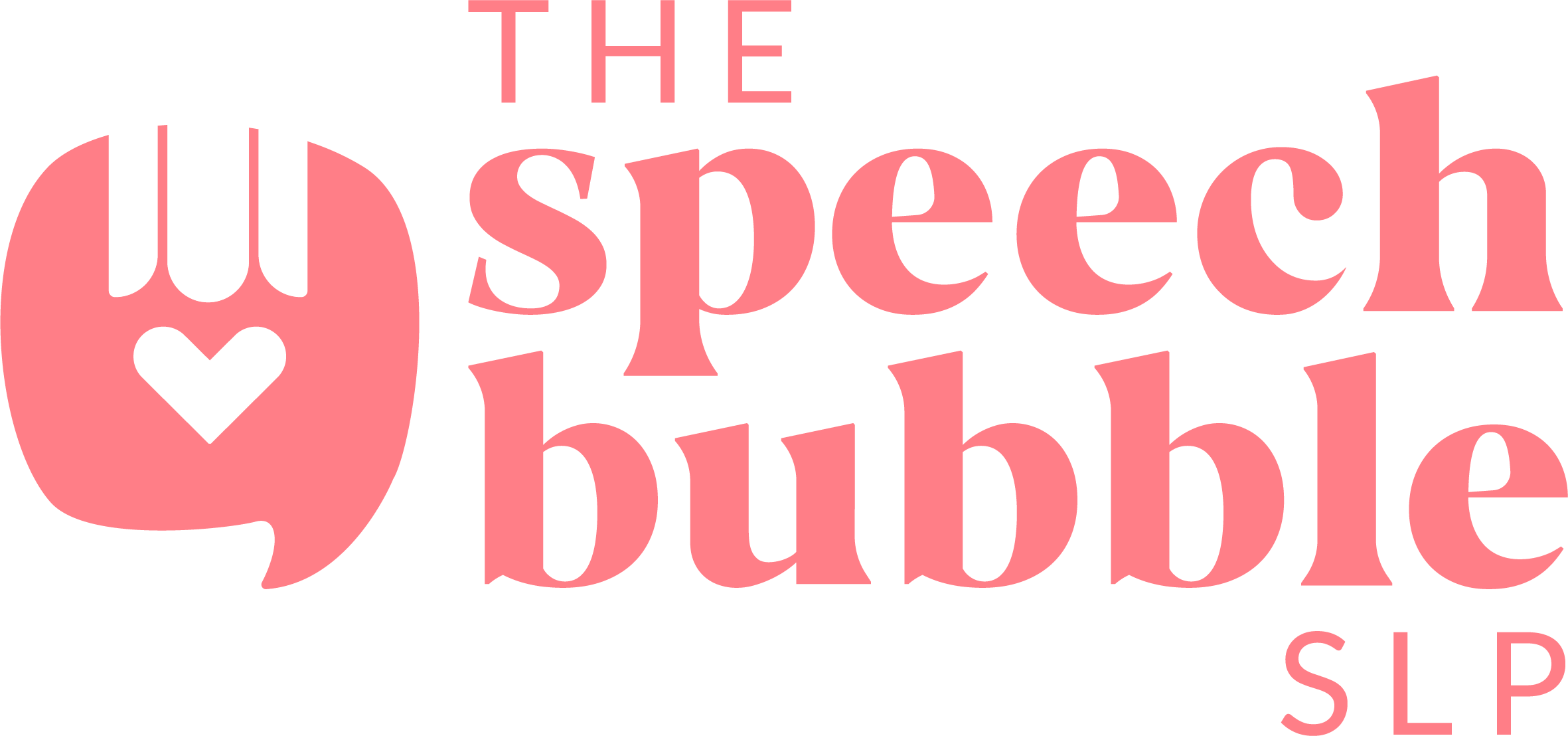






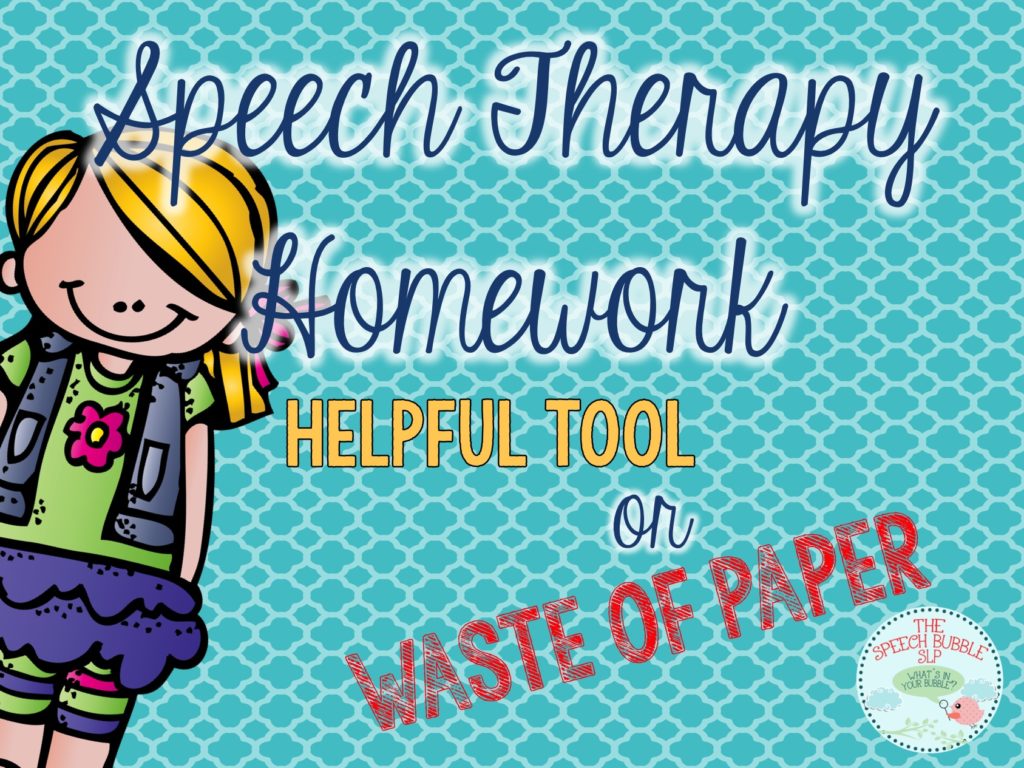
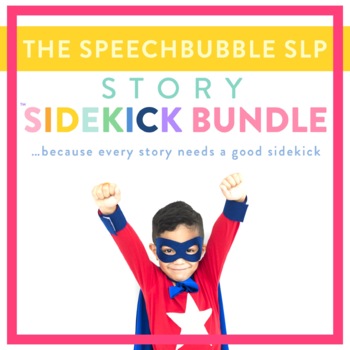
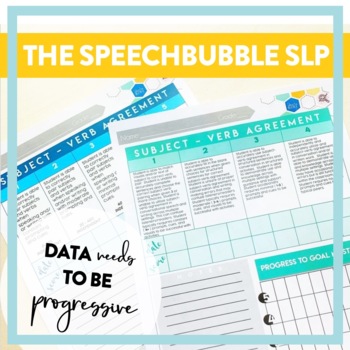




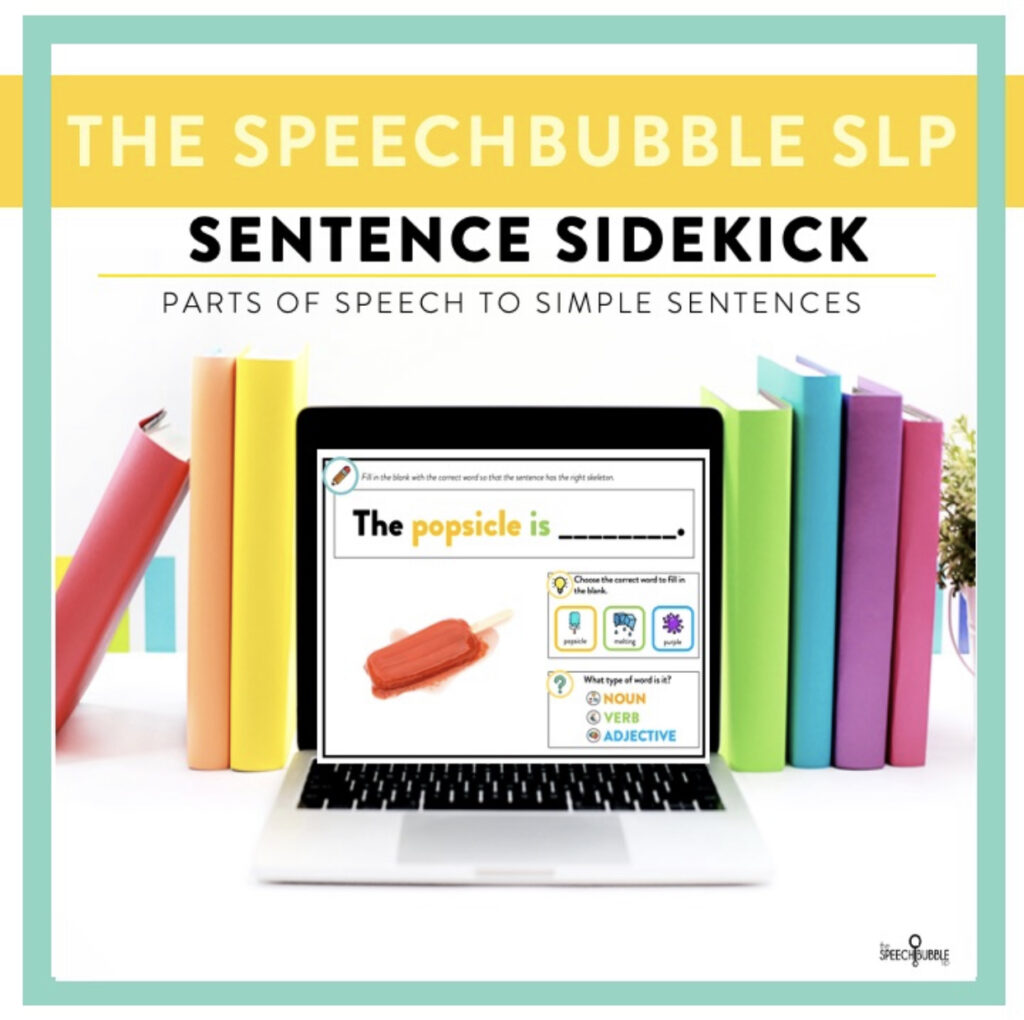

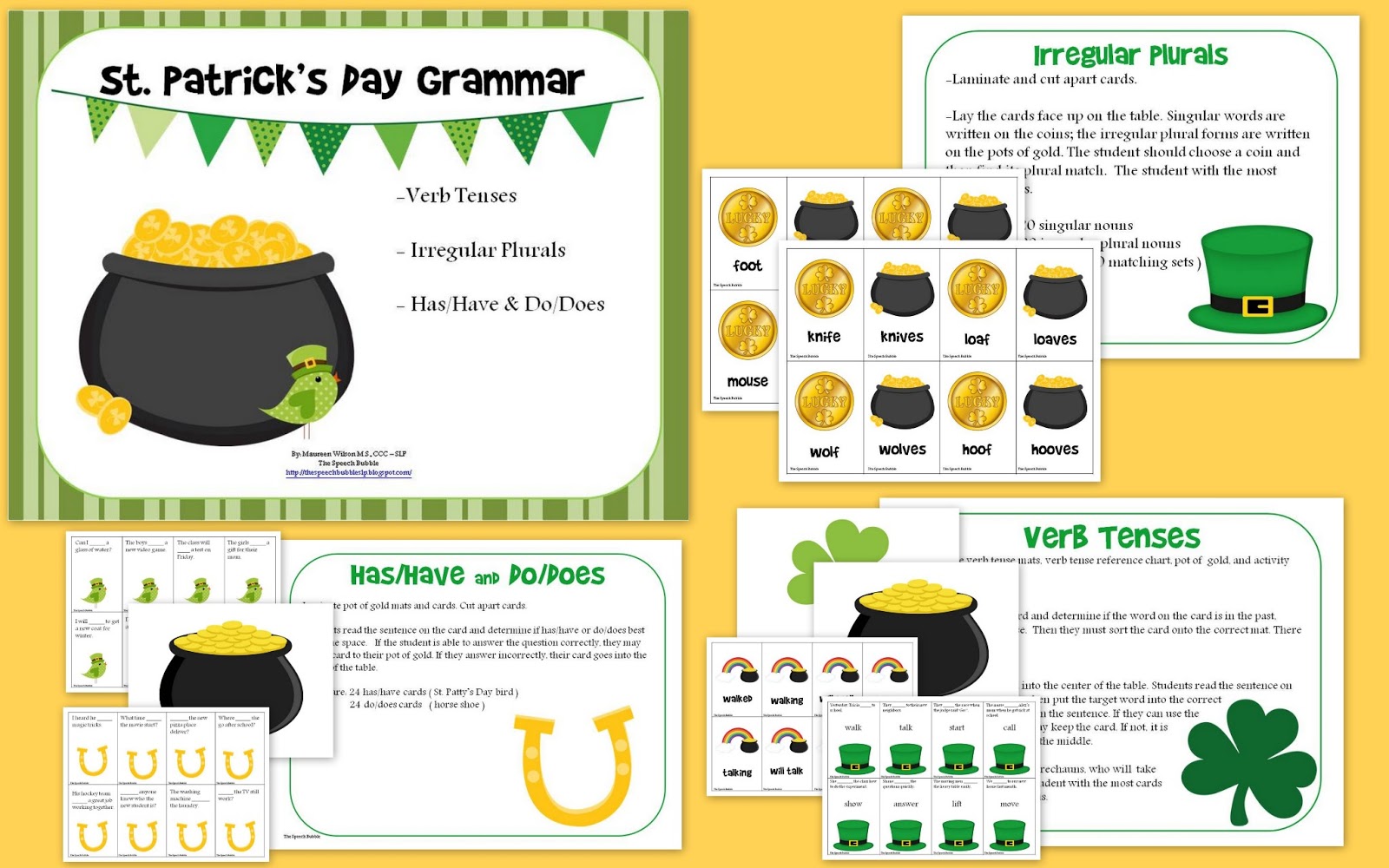
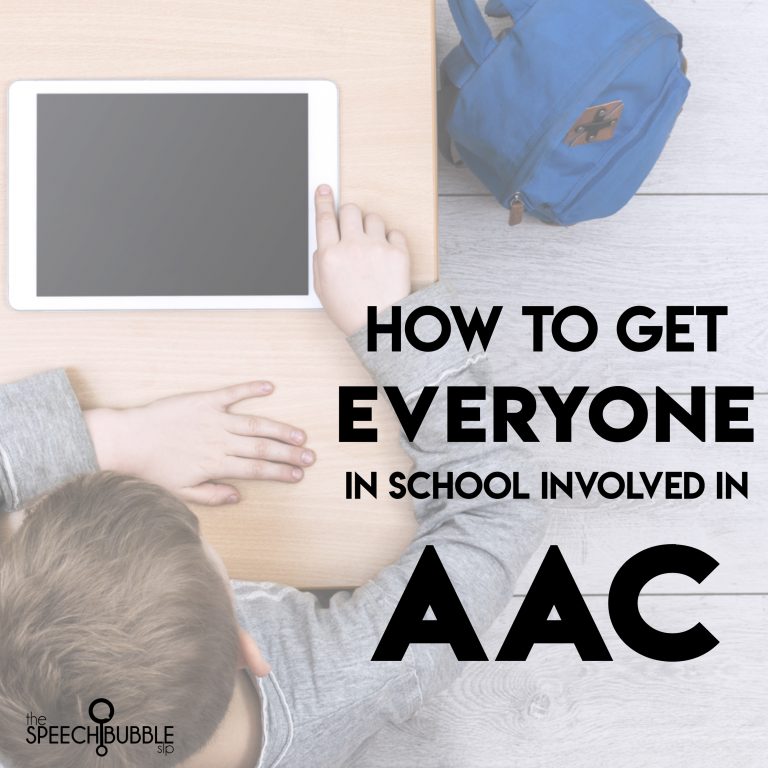
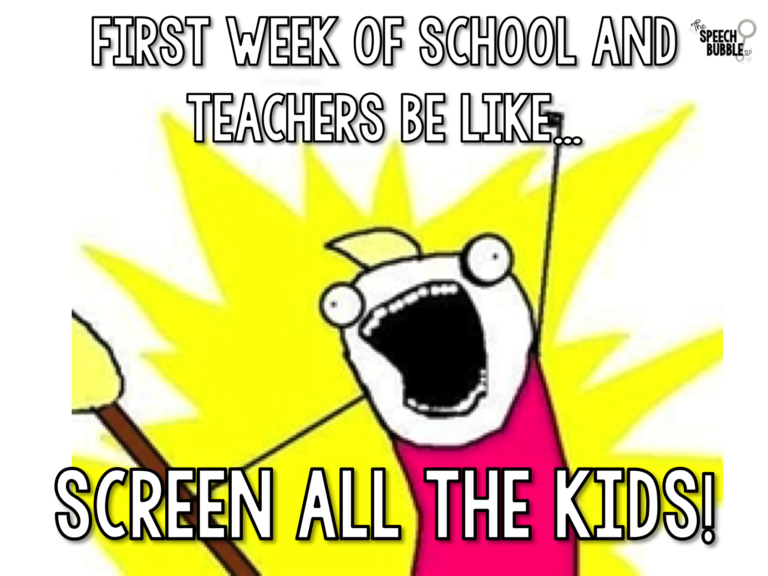

10 Responses
I give homework, but only once/week. I give them a duotang folder (the kind with 3 brads in it) that is provided by the school, and I put a note in it that that is the only folder I’ll give them. They get the folder at the end of the week and then should bring it back with a parent’s signature the next time I see them. I’ve never had much of a problem with getting the majority of them back…bribery always helps!
I too have used the folder idea, but this year I came up with a ring. The teacher practices with the student at the end of reading group. I place target words on a card at various levels and teachers take their time at the end of group and run through about 10 words. If anyone else has a ring system, please post.
I also give homework, but as a monthly calendar to my elementary kiddos. I encourage completion of the calendar, but the students are not penalized if they don’t bring it back. For those that do, I pass out a small reward. Even if it is only one activity attempted, I am happy. I guess the saying, “Nothing ventured, nothing gained” applies here!
Thanks for the love! I also keep track of when I assign it and if they return it. I can use it to tell parents that they need the home practice too!
I give homework once a month, along with a word list containing their speech sounds. I use Speech Activities by Miss Chelsea’s free homework calenders on TPT (SO CUTE!!): https://www.teacherspayteachers.com/Product/January-2015-Articulation-Homework-1615457
I send a note home explaining the importance of homework to the parents and tell them to initial on the days they did the various activities with their child and send it back in to school. When a student brings me their calenders with parent signatures for the week they get an extra sticker on their behavior chart toward prize box. Even though it’s not behavior related it gets them really motivated because they want the prize box 24/7!! Works for me! 🙂
I agree with you, Maureen! I think it is important to provide that opportunity.
I still give homework for students in kindergarten through grade 5. The decision to give homework to 6-8 is done on a more individualized basis. Some of my middle school students feel terribly overwhelmed by their homework already and I don’t want to add to that burden. Others love it and have no problem completing it. I agree, homework is important and I remember this quote from one of my professors in 1982, “Homework is good.” I think that just about sums it up 🙂
Hi Maureen, Love this post, and it is something I am always questioning in my practice. I like to give my kids a weekly “mission” which is not paper-based, but embedded into their week. It might be just a single word to use every time they ask for something, or five repetitions every time they brush their teeth. I find these are achievable, easy and ‘real-life.’ I only tend to give paper-based or structured homework if I have a really eager family, otherwise I know I am just wasting paper.
Another great tool that I use is an Australian website called elr.com.au – you can try a demo – you can register and then give kids guest access to play speech games at home – I find these actually get done, unlike other homework.
Thanks for the food for thought!
Alex.
I looked at some data on this a few years back as part of my personal goal. For my students, for those that consistently completed homework, 100% met their benchmark goals. For those who didn’t consistently complete homework, only 60% met their benchmark goals. I include this data in my beginning of the year letter.
That is really interesting! Thank you for sharing.